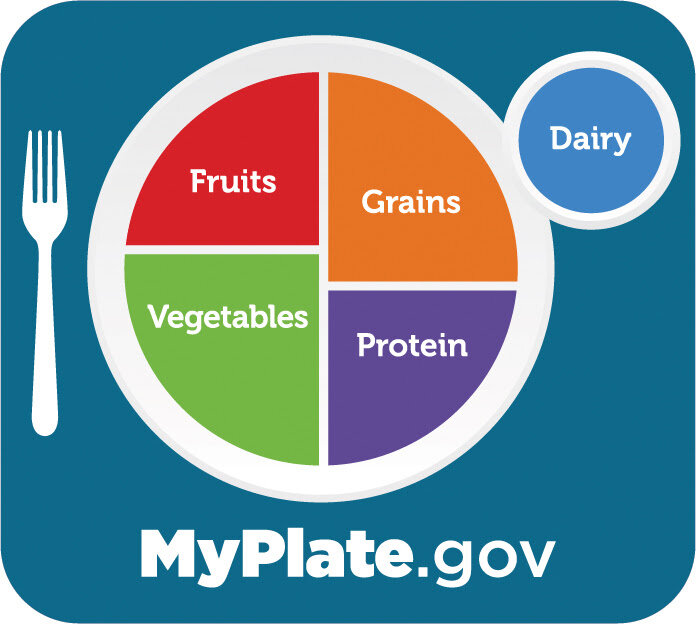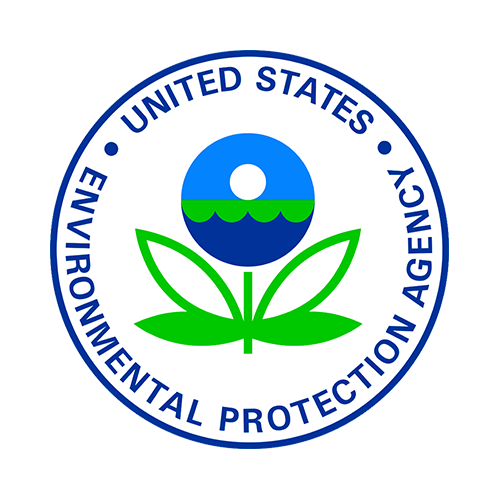Go Green
What does "going green" mean?
This image is credited to the Victory Gardens website.
Going ‘green’ does not only involve recycling...going green involves much more.
Basically, going green means to live life, as an individual as well as a community, in a way that is friendly to the natural environmental and is sustainable for the earth. It means contributing towards maintaining the natural ecological balance in the environment and preserving the planet and its natural systems and resources. It also means taking steps, whether big or small, to minimize the harm you do to the environment (including the carbon footprint you leave behind) as a result of inhabiting this planet.
In practice, going green means adopting five basic principles in your daily life:
Reduce pollution
Conserve resources
Conserve energy
Reduce consumption and waste
Protect the earth’s ecological balance
All five principles are important in protecting the environment from harm, as well as helping to ensure that living (for humans and other creatures) on earth is sustainable. So if you adopt some practices under each of the above principles in your daily life, you will make a difference!
Your Carbon Footprint
A "Carbon Footprint" is the measure of the total amount of greenhouse gases (usually expressed in carbon dioxide - a poisonous gas) emitted as a result of all your daily activities. Driving to work, using the computer or any other appliance, or even taking a vacation will cause you to contribute to the burning of fossil fuels that provides direct or indirect energy to support human activity.
Think about it… what is your favorite object in the whole wide world? Let's say it is your cell phone… now think about all the parts that make that cell phone work (fuel was used to make these)… think about how many miles each of those parts traveled from the place that it was made (could be as far as China), then all the way to your local store in Hawaii (fuel was used all throughout the transportation of your phone) - even after you purchase it and each time you charge it up (using energy, which in turn uses fuel) contributes to the carbon footprint. Well, buying that cell phone is just a minor example of how you, and all of us contribute to the carbon footprint… now think about everything you do daily, everything that we buy, consume, toss-out! It's obviously difficult not to contribute to the carbon footprint, but just being conscious of our actions by not purchasing unnecessary objects, by walking, by riding bikes instead of driving, by taking a bag with you to the grocery store instead of using plastic bags, etc. - just adopting one of these can reduce your carbon footprint significantly! So what are you waiting for?
Living Sustainably
Sustainability is the capacity to endure without damaging the earth. It means to live from the resources that surround you without having to add to your carbon footprint. Sustainability is using and reusing resources in a way that does not deplete or permanently damage those resources. Sustainability concerns the preservation of the environment, it is directly linked to human consumption and can even be influenced or be a part of our cultural and political practices.
Living Sustainably starts with being fully aware of how ALL our actions contribute to ALL the things mentioned above. Here are some tips to guide you on your way to taking on a more sustainable lifestyle:
Buy sustainable food and products
Why would you buy a mango from Mexico at your local food store when your Uncle has a mango tree in his backyard?
Visit your local Goodwill or thrift store - the treasures you will find (from killer clothes to dishware, to a surprising knick-knack) are amazing!
Remember - Buying Local is sustainable!
Click here for ideas on Sustainability Swaps to make at home.
Be conscious of how you use transportation
If you can, avoid driving your car or avoid having a friend pick you up to go to a place nearby… if you can ride a bike or walk, then JUST DO IT!
Save water by being aware of how much you use
Cut your showers by two minutes, convert to a water efficient shower head, sweep your driveway instead of hosing it down, use a water efficient washing machine and dishwasher, use a dual-flush toilet, reduce the time you water your garden.
Saving water also means that you take note on how others (local farmers and businesses) are using the water - including what kinds of chemicals they are allowing to seep into our water source. This is everyone's responsibility!
Reduce, Reuse, Recycle
Global Warming
Our world is always changing. Look out your window long enough and you might see the weather change. Look even longer and you'll see the seasons change. The earth's climate is changing too, but in ways that you can't easily see.
Global warming, as well as freeze-overs, have always been a natural process for the earth starting as early as when the earth began its formation. But today's kind of global warming means the earth is getting increasingly warmer at a faster pace from heat-trapping gases called greenhouse gases. Some of these gases continue to be natural and produced by the earth itself, but human activity has caused a significant rise in more unnatural, man-made gases. This has caused global warming to shift into high-gear. Since the Industrial Revolution came about and as human populations around the world continue to grow, so does global warming… exacerbated by pollution, heat from a concentration of roads and buildings in urban areas, deforestation, fumes and fossil fuel burning from factories, vehicles, and other forms of greenhouse gas producing technologies and activities. In general, most of what we consume (that is not naturally grown) or produce contributes to unnatural gases in our atmosphere.
Scientists agree that this dramatic increase in greenhouse gases is the cause of global warming and climate change. Unfortunately, warmer temperatures are causing other changes around the world such as melting glaciers and stronger storms. These changes are happening because the earth's air, water, and land are all linked to the climate. The earth's climate has changed before, but this time is different. People’s actions are causing these changes, which are bigger and happening faster than any climate changes that modern society has ever seen before.
Positive actions can also be taken to reduce greenhouse gases by working to phase out fossil fuels, such as coal, oil and gas, and moving to renewable energy, such as solar and wind. We can all play a part in protecting our planet with simple daily changes like reducing, reusing, and recycling.









